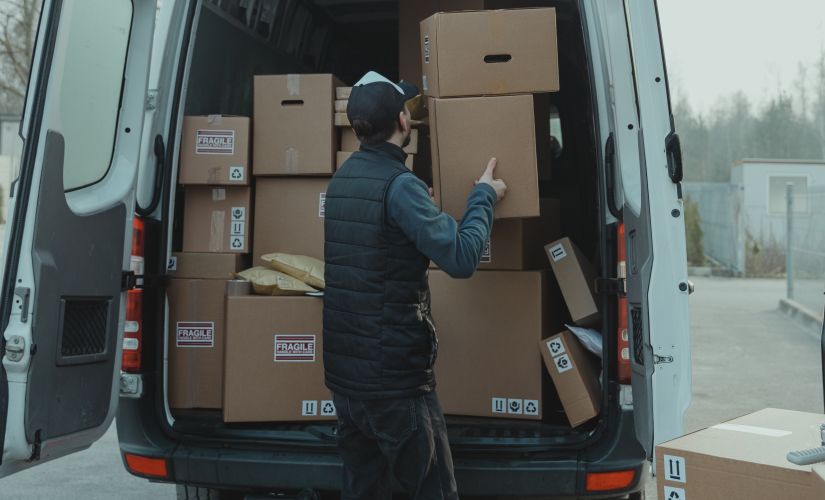What to Know About Your Self Storage Rent
Ready to rent a self storage space? Great!
You may have some questions about your rent like how often your rent will increase; what kind of discounts you can expect; and when you should worry about your unit going to auction. Well, we’re here to answer these, and other, important questions you might have.
What Type of Discounts Can I Get?
When you first rent a self storage unit, there’s a pretty good chance you’ll be able to find a discount. While storage facilities are free to come up with their own types of discounts, you’re likely to encounter three common types:
-
First Month Discount: A common discount is a very low first month’s rent, often just $1, so long as you remain a tenant for at least two months.That’s basically half price for the first two months, a great deal.
-
Second Month Discount: Another common discount is a reduced price for your second month’s rent, usually a 50% discount. If you rent for two months, that’s still a 25% savings, also good.
-
Military Discount: If you’re an active member of the military, you can get an even better deal because it’s long-term. Most facilities offer members of any branch of the U.S. Armed Forces a 10% discount on all rent and often also on goods in their facility store. Just remember to present your military ID when you rent your unit. If you do so over the phone or online, they may ask you to email or upload a picture of it instead.
How Often Will My Rent Go Up?
In the self storage industry, rental increases are standard every nine months, though your facility may increase them yearly.
What About Late Fees?
As long as you pay your rent on time, are courteous when you use the facility, and don’t store anything prohibited, you’ll be a valued tenant. You won’t have to worry about paying late fees or, worse, seeing your unit go to auction.
What Do I Need to Know About Auctions?
The timeline from the first missed payment to a unit going to auction varies by state. However, it generally looks something like this.
As with any rent, the facility will provide a grace period. They know that some people may not be able to pay on the first, but that they should be able to pay within a few days of that due date. The grace period is typically five days.
If you don’t pay by the fifth of the month, the facility will add the first late fee, which can be $10 or more. This is a good enough reason to always pay on time, and we even encourage you to set up automatic payments with the facility so you never have to worry about it.
And yes, we said, “first late fee.”
After another five days, you’ll accrue a second late fee, adding even more to what you owe. And after 15 days, a half a month, you’ll accrue yet another fee. This one is called a pre-lien, and it can be high.
A tenant’s failure to pay for this long makes it difficult for the facility to pay expected bills and causes extra work. You’ll get a letter in the mail at this point telling you how much to pay, and this will also go in your tenant file.
At this point, your unit is in danger of going to auction.
After 30 days you’ll be past the pre-lien phase and you’ll get a lien fee. The facility can, and probably will, overlock your unit so you can’t get into it. They have the legal right to do this. You’ll need to pay the full amount due to get back into your unit.
After 48 days from your rental due date, by which time you’ll have two months to pay as well as plenty of fees, you’ll get a notice of sale via certified mail. You’ll have about two days to pay everything due, or your unit will go to auction and get sold to the highest bidder.
This happens often. Some people would rather let their stuff in storage get sold than pay their rent. Please, don’t let that be you. If you put something in storage, it should be something you plan to keep. We hope this clarifies how storage rent works. Remember, stay on top of your bill, and you’ll do fine. If you discover that you can’t pay as much, consider moving into a smaller unit or retrieving your stuff, rather than letting it go to auction.
When in doubt, read about self storage lien laws by state at Storageauctions.net.




